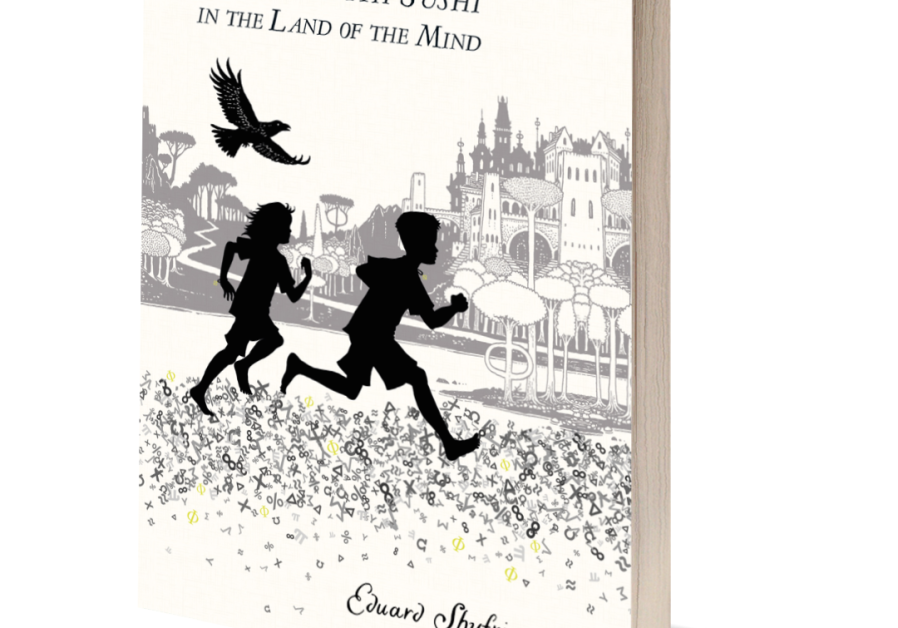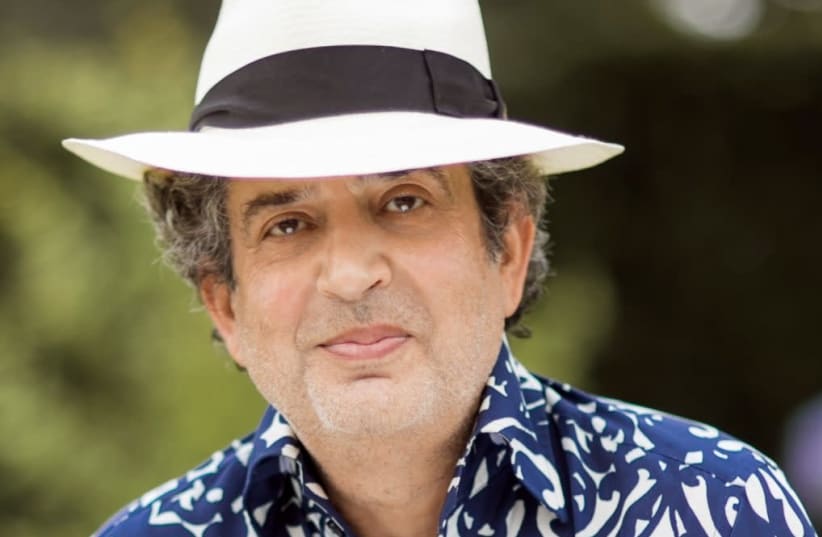Eduard Shyfrin, author of Travels with Sushi in the Land of the Mind, the popular children’s book that received the Independent Press Award Distinguished Favorite for juvenile fiction, discussed the origins and meaning of his book during a live internet broadcast at a special online event on Thursday, February 18. The event, held in cooperation with The Jerusalem Post, took place shortly before the opening of Jewish Book Week, the annual London literary festival that runs from February 27 through March 7.
Speaking with Rabbi Mendel Cohen, rabbi of St. John’s Wood Synagogue in London, Shyfrin, who is also the international sponsor of Jewish Book Week, explained that his love for books began at an early age. “We didn’t have a car, and we didn’t have a telephone, but we had a lot of books in the house. In our family, the book was the queen.”
In the 1960s, the USSR was not particularly friendly to the Jewish way of life, and Eduard grew up with little knowledge of Judaism. Shyfrin received his Ph.D. in metallurgy and later became a successful businessman but initially was not involved in Jewish communal life.

It was not until 1996, he told Rabbi Cohen, that he became involved with the Jewish community and began studying Judaism. “In 2002, I experienced some health problems, and I began to ask myself existential questions which I had never asked before. Why are we here, and what is our mission?” Shyfrin continued his studies and was particularly drawn to Kabbalah, Jewish mysticism.
The combination of Shyfrin’s interest in science and Torah is evident in Travels with Sushi in the Land of the Mind. The book follows the adventures of young Aaron and Stella, siblings transported to the Land of the Mind, a fantasy kingdom based on mathematical principles and quantum physics.
Travels with Sushi introduces children to positive values such as hope and courage and helps them deal with fear, indifference, and pride.
Shyfrin, who wrote the stories in the book for his grandchildren, told Rabbi Cohen that “it’s our duty to introduce the world to our children so that they can make the right choices in their lives. We have to teach them to think critically.”
When asked by Rabbi Cohen what advice he would give parents or grandparents, he replied that children tend to resist direct messages and admonitions regarding proper behavior. Instead, he suggested, “It’s much better to convey your message to your children and your grandchildren by letting them find the message and allowing them to comprehend it.
“Children like games, fairy tales, allegories, and parables. Try to avoid straightforward teaching and moralizing. Present it in a better, more interesting way – inside a fairy tale.”
Shyfrin, who is also the author of From Infinity to Man: The Fundamental Ideas of Kabbalah within the Framework of Information Theory and Quantum Physics, is working on an expanded version of that book, as well as another children’s tale.
